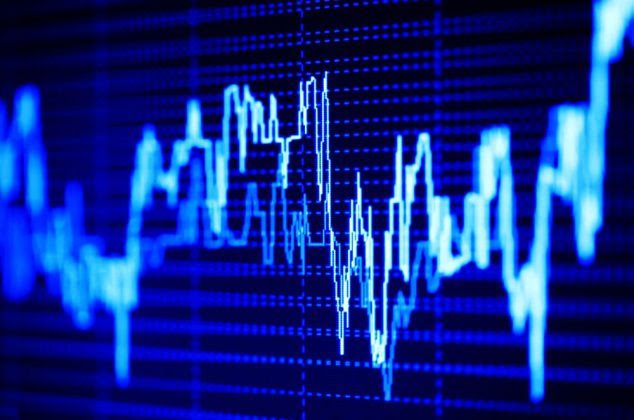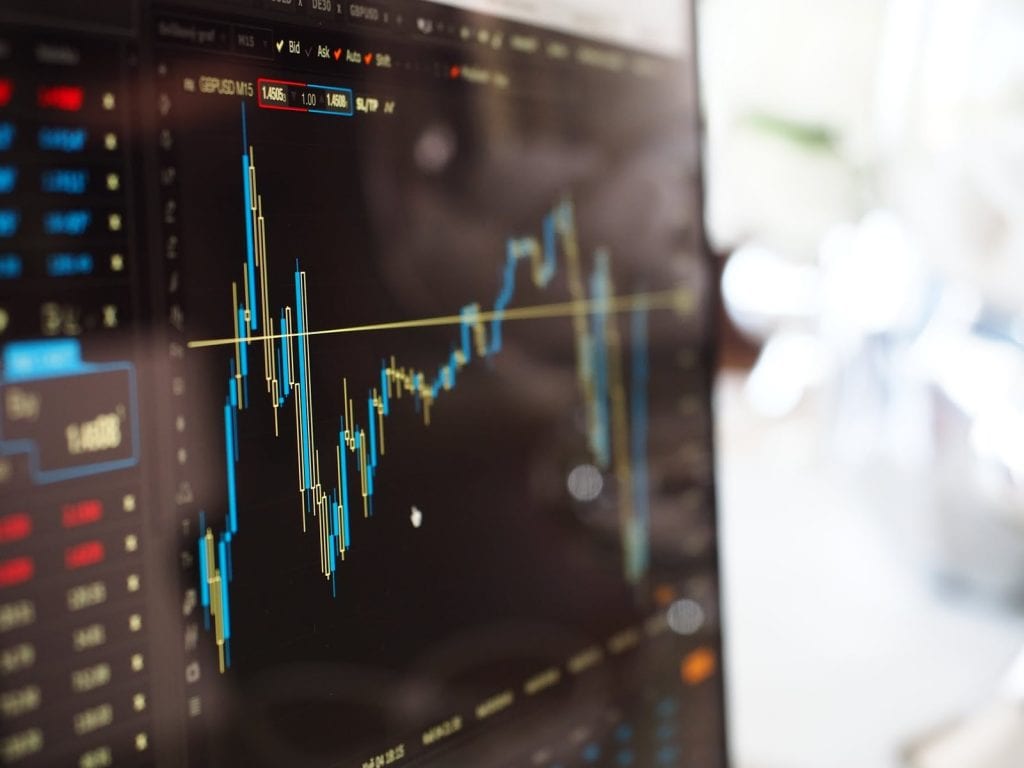The impact of technological advances is being felt in all areas of our lives, and the stock market is no exception. It is amazing how so many sectors are dependent on technology and how much it has been embedded in all aspects of trade. This makes it almost impossible to imagine life before the internet.
There was a time when an office with stock traders was defined by the amount of noise being made, when stocks were traded based on news stories and when the stock trading area was home to numerous shouting matches. Currently, the stock market has grown by leaps and bounds and technology has a lot to do with it.
Today, it is possible to trade from anywhere. You can access your indicators from a mobile device and plan your moves with ease. Technology, specifically AI, has been changing the trading processes in a big way. AI is often used to find different candlestick patterns – with great success. Technology is thus dictating the future direction of stock trading. Here are the different ways technology is influencing stock trading.
High-Frequency Trading

Technology has completely revolutionized the way people trade and is the genesis of high-frequency trading. Ten years ago, if you had said that it would be possible to buy and sell stocks on the same day, no one would have believed you.
Currently, it is possible to execute a full buying and selling cycle in minutes, thanks to the speed that comes with using computers. People are also able to initiate and execute a couple of stocks in a single day. These types of traders are referred to as day traders.
Day trading is not just restricted to individual stock traders because large companies are beginning to embrace it. This is because the risks are considerably reduced, and the returns higher. With high-frequency trading, the dynamics in the modern stock markets have completely changed. Currently, over 12% of young people aged 18 to 29 are actively trading online.
High-volume trades are an everyday thing, and a large number of people trade daily. Digital stock trading is also on the rise as it is more convenient, and traders that make high investments experience greater returns. The result is a vibrant stock market that is full of excited traders.
Easy Access to Information

In the past, stock traders could only rely on news stories or newspaper articles. One had to look for information from financial literature and sometimes even analyze annual financial reports from companies before making a trade. Needless to say, stock trading was considered a career path for financial experts.
The rise of the technological era brought with it unprecedented access to information, sparking the interest of normal people. At the touch of a button, anyone can get access to information such as company earnings reports, current stock prices, and relevant news about companies issuing stocks from the securities exchange commission.
Financial advisers are able to keep track of stock prices and keep their clients updated in real-time, while companies can track their stock performance. As a result, the stock market is now full of better-informed traders, advisers, and investors.
There is no doubt that as technology advances, the stock market will advance with it.
Electronic Trading

Technology initiated the shift from traditional trading to online trading, and currently, the majority of traders in the stock market prefer electronic trading. It made it so that all aspects of stock trading can be automated, including data analysis, transactions, and even communication.
Electronic trading has been gradual and started in 1986 after the London Stocks Exchange shifted to trading via computers. At first, only calculations could be automated, but now, the advances are tremendous. For instance, AI is often used to find different candlestick patterns, making it easy to trade stock more effectively and objectively.
Experienced traders know all too well how beneficial candlestick patterns are to the maximization of earning potential. Previously, chartists had to manually analyze individual graphs and draw patterns before identifying a breakout pattern. Even then, this type of analysis was prone to errors and bias.
AI pattern recognition is faster and more accurate. Machines can also be programmed to process a huge chunk of historical data objectively.
Credibility

Thanks to technology, the standards of the stock market are currently high. In the past, an investor’s assets were handled by people with limited access to information. The risks were very high, and the error margin was even higher.
Technology has made the market more credible not only by making transactions more practical but also by enhancing trading security. The ability to monitor information in real-time has been impactful on the overall trading frequency.
Investors are able to make quick decisions based on the information that is easily accessible to them, and the stock market is accessible to all types of traders. With machines handling all transactions, the stock market is currently near error-free and investor confidence is at its peak.
Sudden Shifts in the Stock Market

It is undeniable that technology has revolutionized stock trading, but not all aspects have been beneficial. There have been instances where false signals have triggered stock prices.
The world is currently a global village, and misleading information travels exceptionally fast, causing panic across the stock market. This then leads to impulse selling and buying of stock. A good example would be Qantas in 2001 when a false tweet about a plane crash caused a drastic reduction in their stock.
Programmatic buying and selling of stocks is favoured among institutional investors. There have been times when technological glitches have caused sudden purchase or sell-off of stocks resulting in shock across the market.
The impact of social media is being felt across all industries including the stock market and that influences stock prices, some kinds of sporadic shift result in a reduction of investor confidence.
To Sum Up
The bottom line is that technology has had a profound effect on the stock market and has placed power in the hands of individuals that would like to trade. It is no longer difficult to get into the trade. The process is now simpler, faster, and more efficient due to technology. AI and machine learning are also set to broaden trading capabilities even further.

































